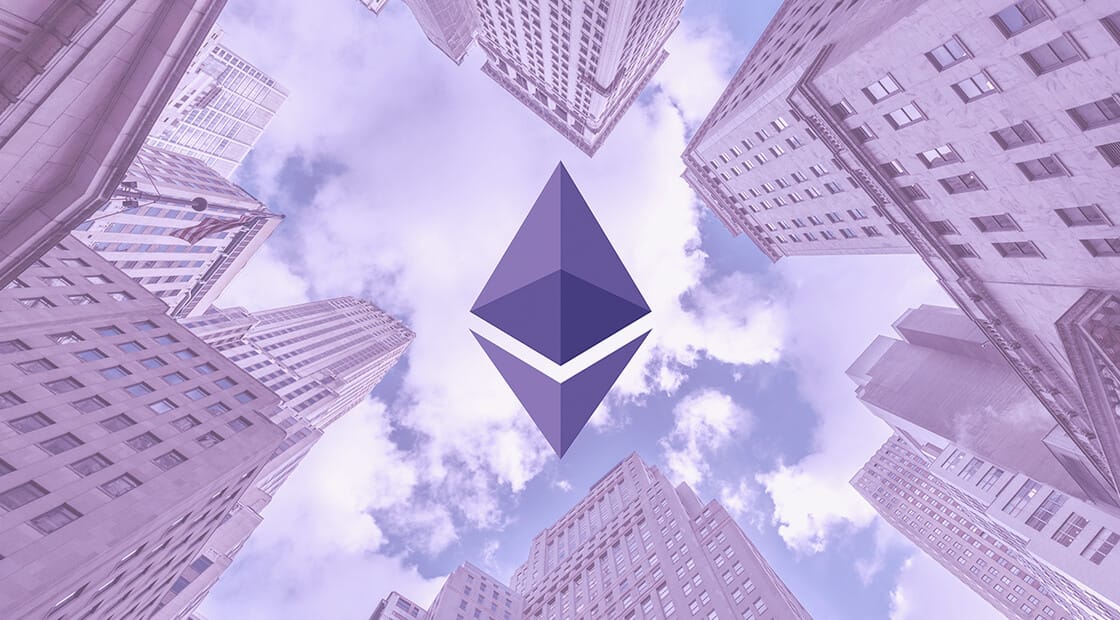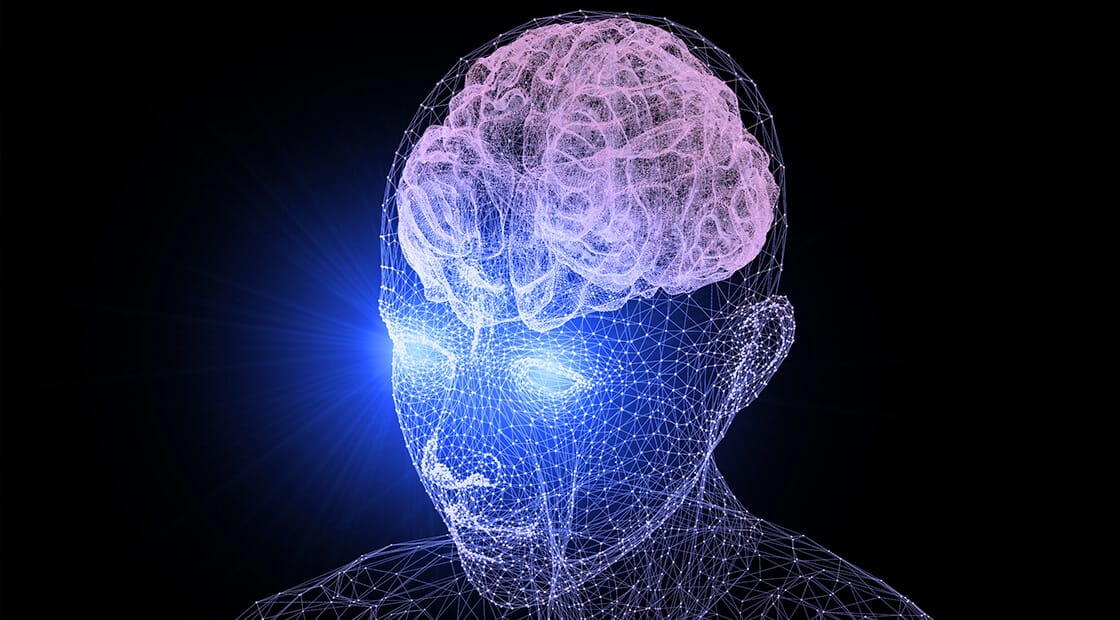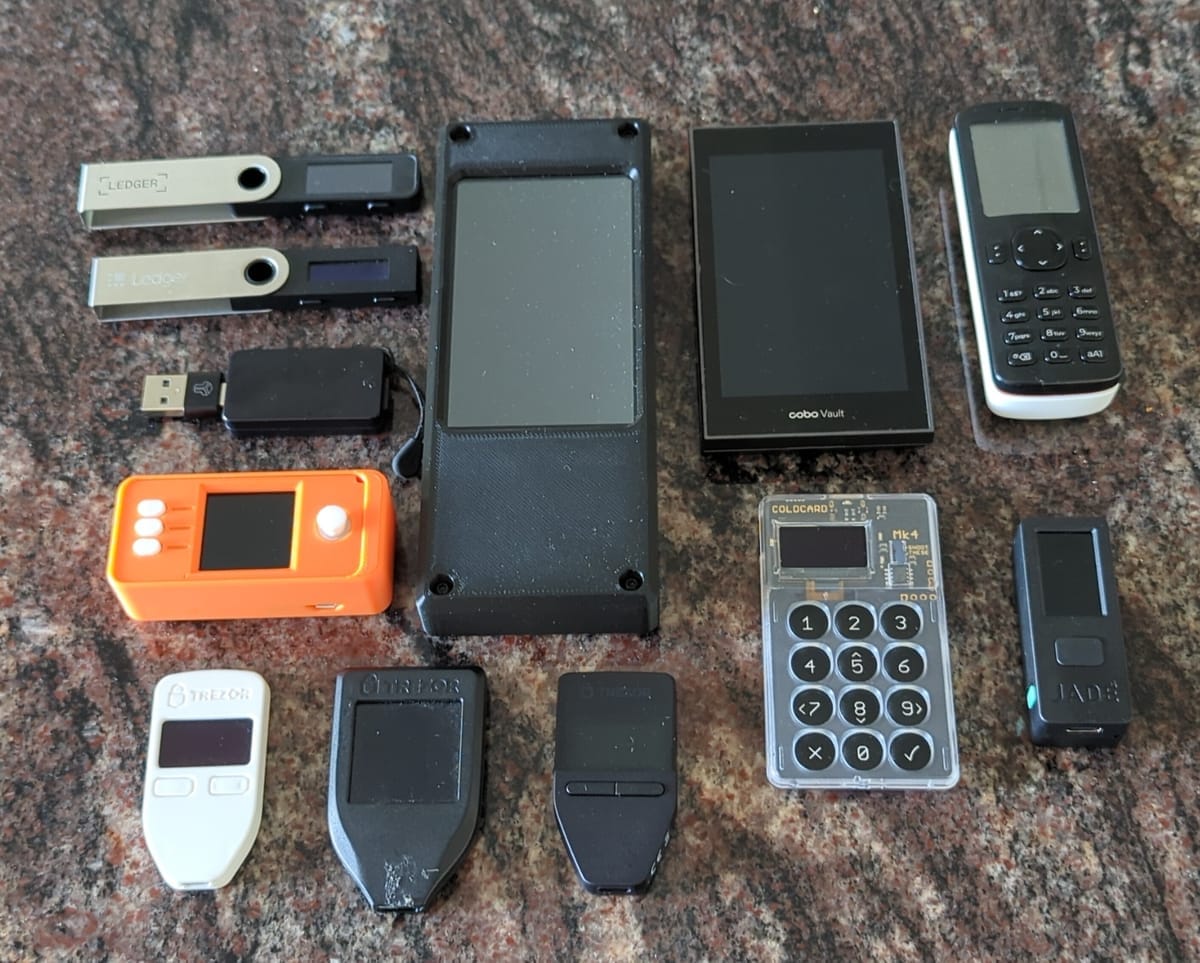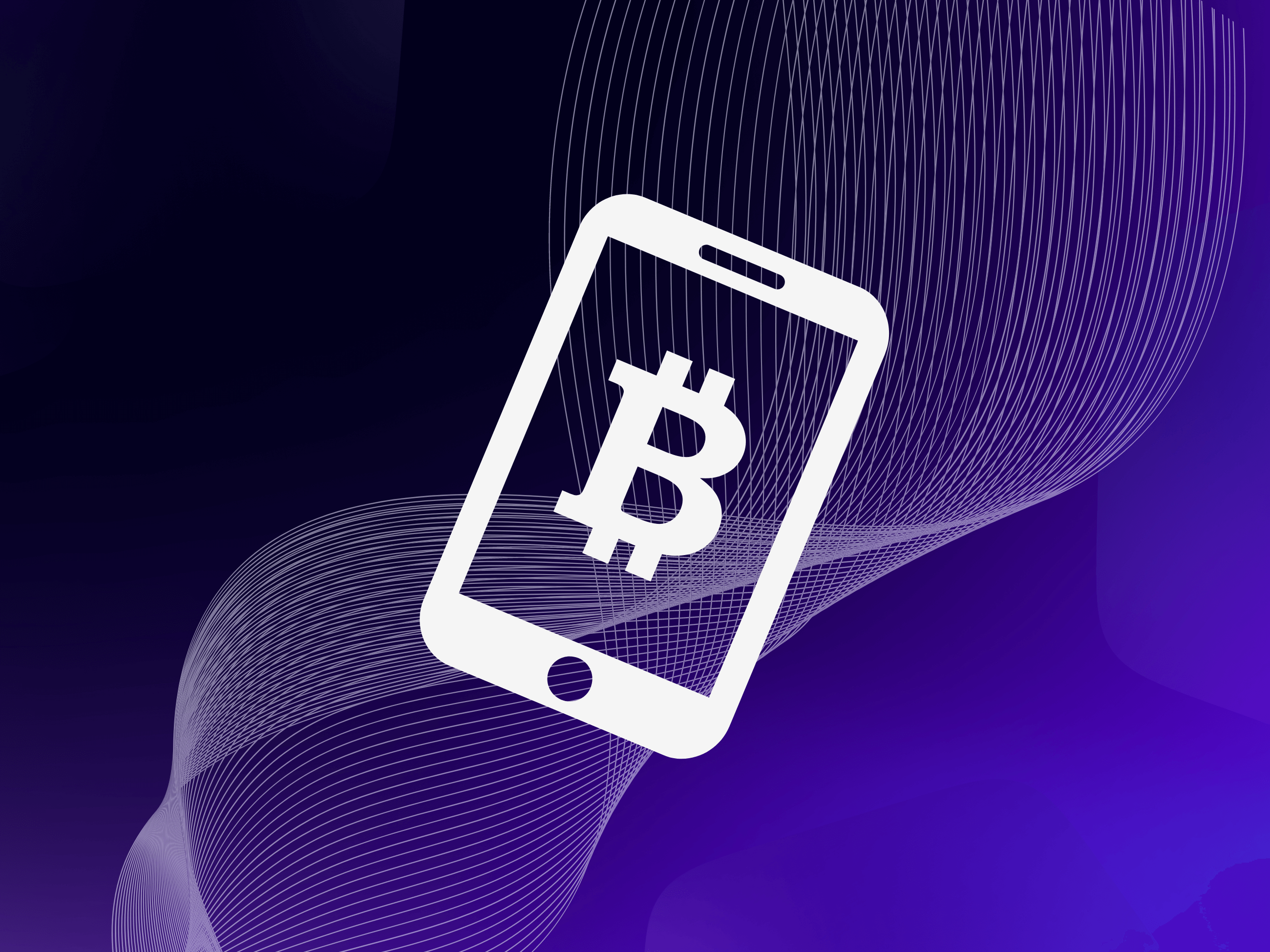Security Briefing: SEC greenlights ETH ETF, Microsoft builds all-seeing eye
A second digital asset has entered the ETF arena, and computers might soon be paying more attention to you. Here's what you need to know about security this week.

SEC greenlights spot ether ETF in landmark decision
Four months after the SEC approved spot bitcoin ETFs, the agency has officially begun to clear the way for another digital asset: ether.
The decision, which took many investors by surprise, was announced Thursday with the approval of 19b-4 forms from ETF issuers. Prior to this week, ETF experts had given the filings long approval odds. There is still work to be done before ETFs can launch, but the initial proposals were approved on an "accelerated basis," according to an order from the SEC.
The move represents a departure from how the agency treated ether until recently. In one famous instance, SEC Chair Gary Gensler chose not to answer whether ETH was a security or commodity while testifying before Congress.
"This week, this day, has been a rollercoaster unlike any other I’ve seen," said Paul Grewal, Chief Legal Officer at Coinbase in a post on X. "ETH is effectively deemed a Commodity as we’ve always known it to be."
Key Insight: Thursday's announcement marks an important milestone in the mainstream recognition of digital assets. As you celebrate, remember these offerings are custodial and subject to third-party risk. Hold your keys and enjoy the fun.

Microsoft reveals AI with 'photographic memory' of what you do on your PC
Microsoft announced a new feature that will capture what you do on your computer to help you access information you'd previously looked at.
The new Recall feature is only available for Copilot+ PCs with specific ARM processors, but Microsoft is exploring ways to expand this functionality through building new CPUs as well.
Recall takes a screenshot every few seconds and archives that data for up to three months. Microsoft claims the data is encrypted, saved directly on the device, and won't be used for the training of AI models, according to BleepingComputer.
Key Insight: The feature might be seen as a proof of concept right now, but it has massive implications for personal privacy. So much of our daily life is dependent on computers being private, including everything from medical records to password managers. Collecting computer usage data on users can be disastrous if that data falls into the wrong hands.

Special report: Bitcoin multisig hardware signing performance
How do different hardware wallets stack up with signing multisig transactions? Jameson recently performed a series of stress tests on a total of 15 devices to determine their signing capabilities.
He tested devices with varying levels of complexity, such as the number of keys and inputs. Along the way, he pushed devices to the brink of failure and noted the time it took for devices to sign.
It's an interesting look into the inner workings of cold storage devices, especially if you were considering adding hardware to your Casa vault.
Key Insight: Casa recommends including multiple types of devices in your multisig vault. This adds an additional level of robustness to your setup and prevents single points of failure from overreliance on one device model.

Fun fact: ETFs hold about 850,000 bitcoin to date, according to CoinDesk. That amount represents 4.3% of the current bitcoin supply.
Don't miss out on future updates
Leading-edge security is always changing. Our weekly Security Briefing can help you stay in the know on security, bitcoin, and other digital assets. Sign up for free and get future editions delivered straight to your inbox.

